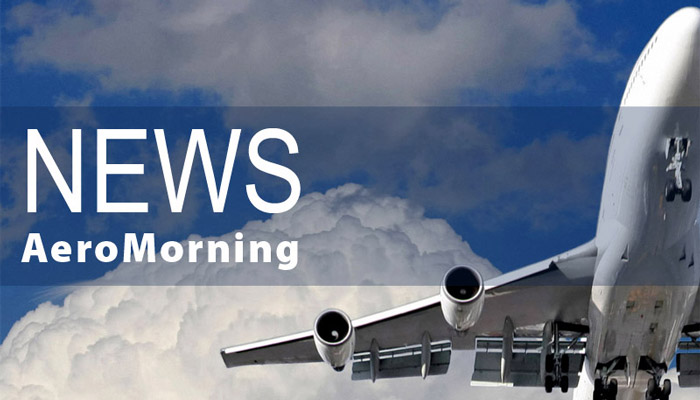The upcoming months will be crucial for the future of the European Union, especially in light of the important debates related to the shaping of the next Multiannual Financial Framework.
Aeronautics is a global business based on excellence, innovative technology and high-level skills. With 160 Bn€ of revenues, over 550 000 direct employees and more than 1.5 million indirect jobs, the European Aeronautics industry is a key contributor to European economic performance and competitiveness. As such the sector generates high quality jobs within the European Union. This is partly the result of decades of high levels of public-private investments in Research and Technology (R&T) by Member States and the European Union, together with industry.
Over the past 40 years, Europe has succeeded in becoming a world leader in civil aeronautics including civil fixed wing and rotary wing aircrafts, engines, supply chains and Air Traffic Management technologies. Nonetheless, the competitive technology and business landscape for air transport is changing rapidly and the European aviation community has to quickly adapt to major game changers, these include the need to reduce the environmental footprint of civil aviation in the context of the rising demand for air transport, the reform of Air Traffic Management, the extraordinary levels of US state aid for its domestic Aeronautics industry, the emergence of new competitors such as China, and new technological challenges driven by digitalisation and electrification.
Despite all these challenges, Europe must remain a world leader in Aeronautics. Only as continuing to be a centre of excellence can Europe benefit its citizens reliant on the Aeronautics sector through high skilled quality jobs, environmental protection and safe, secure and convenient mobility. Furthermore, it is in the interest of the EU’s strategic autonomy that Europe remains a world leader in Aeronautics. EU-funded research programmes have demonstrated the effectiveness of the Public-Private Partnership (PPP) concept and Joint Technology Initiative (JTI) mechanism for aviation related topics. The two major European Aviation Research Programmes, Clean Sky (greener and more efficient aviation technologies) and SESAR (Air Traffic Management R&T) represent concrete success stories, acting as catalysts for the whole innovation chain in Europe and should therefore be kept and consolidated in FP9.
To achieve these challenging goals, the social partners for the aeronautics sector, ASD and industriAll Europe, jointly call on the European Institutions to protect EU research budgets for civil aeronautics and to strengthen the support with a higher budget for Aeronautics research in Framework Programme 9 (FP9). This is essential to keep this sought-after industry, and its thousands of high-quality jobs, here in Europe. Moreover, we should be ambitious and use this European support to expand and create new jobs in this high-tech and developing sector.
Any downturn in Aeronautics research programmes would lead to a rapid loss of competencies and would create a scientific and technological gap which would be almost impossible to catch up after several years of delayed investment.
The European Aeronautics sector is a European success story and we should be proud of what the sector has achieved. We call on the EU Institutions to commit to supporting the Aeronautics industry and the thousands of workers dependent on its success.












Be the first to comment on "ASD and IndustriAll Joint Statement on Civil Aeronautics Research"